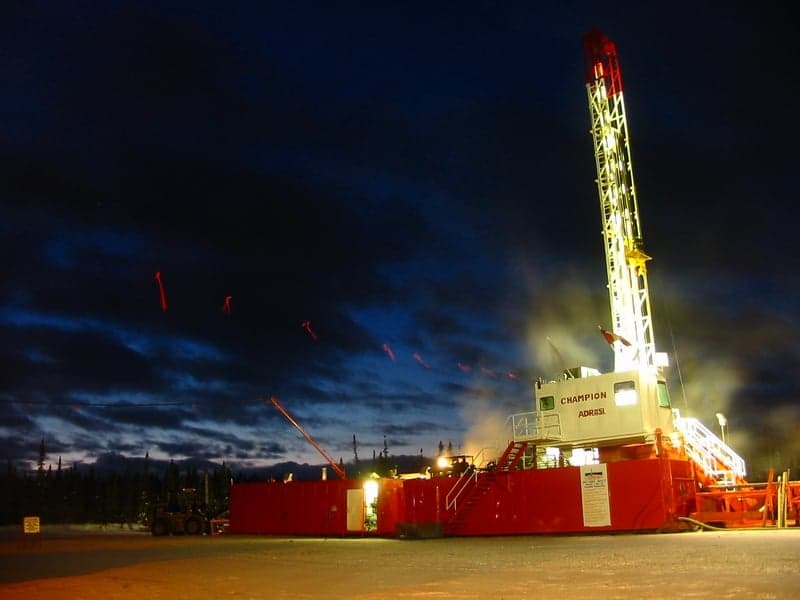“If you’re unemployed in oil or related sectors ... you might wait for your old job before you gradually look at other sectors,”
Monday's approval of construction of the Keystone XL pipeline across Nebraska is good news for Alberta's economy, according to the latest quarterly update from Crown corporation and financial services provider, ATB Financial.
But as the Canadian province's economy comes out of a two-year downturn it is still challenged by high unemployment, says the firm’s chief economist Todd Hirsch.
“The unemployment rate is the last to react positively. Typically, the unemployment rate tends to drift down over a couple of years,” he said.
Alberta’s economy is expected to grow by 3.9 percent this year, and to moderate to 2.7 percent in 2018 and 2.2 percent in 2019, a major improvement from the last two years of declines.
But the growth in jobs has been uneven, with 12,000 positions created across Alberta in October following big losses in September and July and little change in August, leading to a marginal drop in the unemployment rate to eight percent.
“It’s going to take other sectors of the economy outside oil and gas to absorb some of those workers. If you’re unemployed in oil or related sectors ... you might wait for your old job before you gradually look at other sectors,” said Hirsch.
He doesn’t expect Nebraska’s approval of Keystone XL pipeline construction to have much impact on Alberta this year or in 2018, but said the decision is good for provincial economic growth.
“It’s a very positive signal for the Alberta economy long-term, because investors wonder if we will have adequate (oil) transportation,” he said. “Had the vote in Nebraska gone in the other direction, that would be another dark cloud hanging over the viability of the energy industry … Those pipelines are difficult to get built.”
Employment in Alberta's mining, quarrying and oil and gas category was up by 8,100 people in the year to August 2017, and weekly wages rose about four percent to $2,320.

